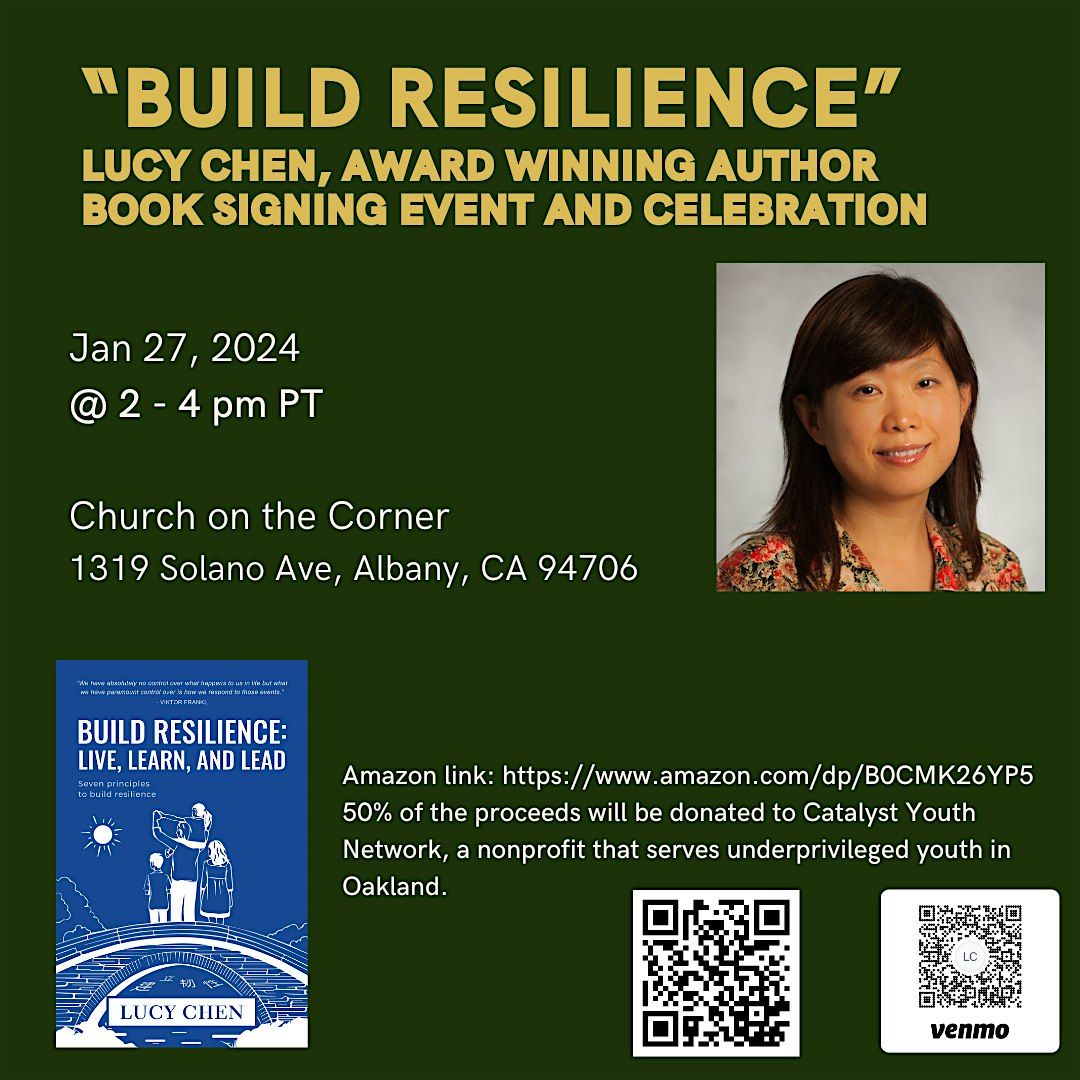How to Meditate for Building Emotional Strength and Resilience sets the stage for a transformative journey through the power of mindfulness and inner peace. Delve into the essence of meditation and discover how it can fortify your emotional well-being in profound ways.
Explore the depths of emotional strength and resilience as we unravel the secrets to cultivating a resilient spirit through the practice of meditation.
Introduction to Meditation for Emotional Strength and Resilience

When it comes to emotional well-being, meditation plays a crucial role in helping individuals build emotional strength and resilience. Meditation is a practice that involves focusing the mind and eliminating distractions to achieve a state of mental clarity and emotional calmness.
Benefits of Meditation for Building Emotional Strength and Resilience
- Meditation helps individuals become more aware of their thoughts and emotions, allowing them to manage them effectively.
- By practicing meditation regularly, individuals can reduce stress, anxiety, and negative emotions, promoting a sense of inner peace and emotional stability.
- Meditation enhances self-awareness and self-regulation, empowering individuals to respond to challenging situations with composure and resilience.
- Through meditation, individuals can develop a positive outlook on life, cultivate gratitude, and increase their overall emotional well-being.
Examples of How Meditation Has Helped Individuals Improve Their Emotional Resilience
-
One individual who struggled with anxiety and chronic stress found relief through daily meditation practice. By incorporating mindfulness meditation into their routine, they were able to identify triggers, manage their emotional responses, and build resilience to cope with challenging situations.
Looking to cultivate a positive mindset? Learn How to Meditate for Cultivating a Positive Mindset and embrace a more optimistic outlook on life through regular meditation practice.
-
Another individual dealing with past trauma and emotional wounds used meditation as a tool for healing. Through meditation, they were able to process their emotions, release pent-up negativity, and cultivate a sense of inner peace and emotional strength.
-
A busy professional facing burnout and emotional exhaustion turned to meditation to restore balance and resilience. By dedicating time to mindfulness meditation, they were able to recharge mentally and emotionally, improving their overall well-being and ability to handle stress.
Seeking true calmness in your hectic life? Discover the power of meditation and explore How to Meditate for Achieving True Calmness to bring peace and tranquility into your daily routine.
Understanding Emotional Strength

Emotional strength refers to the ability to cope with difficult situations, adapt to change, and persevere in the face of challenges without being overwhelmed by emotions. It involves resilience, self-control, and the capacity to bounce back from setbacks.
Examples of Situations Requiring Emotional Strength
- Dealing with the loss of a loved one
- Facing a major life transition such as a job loss or relocation
- Overcoming a traumatic experience
- Navigating a difficult relationship or conflict
Impact of Emotional Strength on Well-being
Emotional strength plays a crucial role in overall well-being by helping individuals manage stress effectively, maintain healthy relationships, and make rational decisions even in challenging circumstances. It contributes to mental health, emotional stability, and a sense of empowerment in facing life’s ups and downs.
Are you aware of the 10 Powerful Benefits of Meditation that can transform your life? From reducing stress to improving focus, meditation offers a wide range of advantages for your overall well-being.
Exploring Resilience and Its Importance

Resilience is the ability to bounce back from adversity, trauma, or stress. It involves adapting well in the face of challenges, trauma, or significant sources of stress. Resilient individuals have the capacity to cope with and overcome difficult situations, allowing them to maintain a sense of control and purpose in their lives.
Defining Resilience
Resilience is not about avoiding stress or difficult situations, but rather about facing them head-on and finding ways to navigate through them effectively. It is the ability to withstand and recover from setbacks, adapt to change, and keep moving forward despite obstacles.
- Resilience is like a muscle that can be strengthened through practice and experience.
- It involves developing coping strategies, problem-solving skills, and the ability to seek help when needed.
- Resilience is crucial for maintaining mental health and emotional well-being, as it helps individuals build confidence, self-esteem, and a sense of purpose.
Importance of Resilience, How to Meditate for Building Emotional Strength and Resilience
Resilience plays a vital role in helping individuals navigate life’s challenges and adversities. It allows people to recover from setbacks, learn from their experiences, and grow stronger in the process.
- Resilient individuals are better equipped to handle stress, anxiety, and depression.
- They have a more positive outlook on life and are able to maintain a sense of hope and optimism even in difficult times.
- Resilience fosters emotional intelligence, helping individuals regulate their emotions and cope with uncertainty.
Techniques for Meditating to Build Emotional Strength: How To Meditate For Building Emotional Strength And Resilience
Meditation is a powerful tool for building emotional strength and resilience. By incorporating specific meditation practices into your daily routine, you can enhance your ability to manage stress, regulate emotions, and cultivate a sense of inner peace.
Mindfulness Meditation
Mindfulness meditation involves focusing on the present moment without judgment. To practice mindfulness meditation:
- Find a quiet space where you can sit comfortably.
- Close your eyes and take deep breaths, focusing on the sensation of each inhale and exhale.
- Notice any thoughts or feelings that arise without attaching to them, simply observing and letting them go.
- Continue to bring your attention back to your breath whenever your mind starts to wander.
Loving-Kindness Meditation
Loving-kindness meditation is a practice that involves sending love and compassion to yourself and others. To start loving-kindness meditation:
- Sit in a comfortable position and close your eyes.
- Begin by sending feelings of love and kindness to yourself, repeating phrases like “May I be happy, may I be healthy, may I be safe, may I live with ease.”
- Extend these feelings to loved ones, acquaintances, and even those you may have difficulty with.
- Repeat these phrases with genuine intention, cultivating feelings of compassion and empathy.
Body Scan Meditation
Body scan meditation involves bringing awareness to different parts of the body, releasing tension and promoting relaxation. To practice body scan meditation:
- Lie down in a comfortable position and close your eyes.
- Begin by focusing on your breath, then slowly bring your attention to each part of your body, starting from your toes and moving up to your head.
- Notice any areas of tension or discomfort, and breathe into those areas, allowing them to soften and relax.
- Finish by bringing your attention back to your breath, feeling a sense of relaxation and ease throughout your body.
By incorporating these meditation techniques into your daily routine, you can strengthen your emotional resilience, cultivate a sense of inner peace, and enhance your overall well-being.
Cultivating Resilience Through Meditation
Meditation can be a powerful tool in helping individuals develop resilience by providing them with the skills and mindset needed to bounce back from challenges and setbacks. Through consistent practice, meditation can help individuals cultivate emotional strength and inner peace, allowing them to face adversity with a sense of calm and clarity.
Mindfulness Techniques for Resilience
- Body Scan Meditation: This practice involves systematically scanning your body from head to toe, bringing awareness to any areas of tension or discomfort. By observing physical sensations without judgment, individuals can learn to tolerate discomfort and build resilience.
- Loving-Kindness Meditation: By cultivating feelings of compassion and empathy towards oneself and others, individuals can develop a sense of interconnectedness and inner strength. This practice can help foster resilience by promoting a positive outlook and emotional well-being.
- Gratitude Meditation: Reflecting on what you are grateful for in your life can shift your focus from negativity to positivity. Practicing gratitude meditation can help individuals build resilience by fostering a sense of appreciation and resilience in the face of challenges.
Examples of Meditation Practices for Building Resilience
- Visualization Meditation: Imagining yourself overcoming obstacles and achieving success can help build mental resilience and confidence. Visualization meditation can empower individuals to face challenges with a positive mindset and determination.
- Rain Meditation: This practice involves recognizing and accepting difficult emotions as they arise, much like the changing weather patterns in a rainstorm. By learning to sit with discomfort and uncertainty, individuals can develop resilience and inner strength.
- Mantra Meditation: Repeating a meaningful phrase or word during meditation can help individuals cultivate focus, calmness, and resilience. Mantra meditation can provide a sense of grounding and empowerment in the face of adversity.
Embark on a path of self-discovery and empowerment as you embrace the art of meditation to bolster your emotional resilience. Let your inner strength shine brightly as you navigate life’s challenges with grace and fortitude.